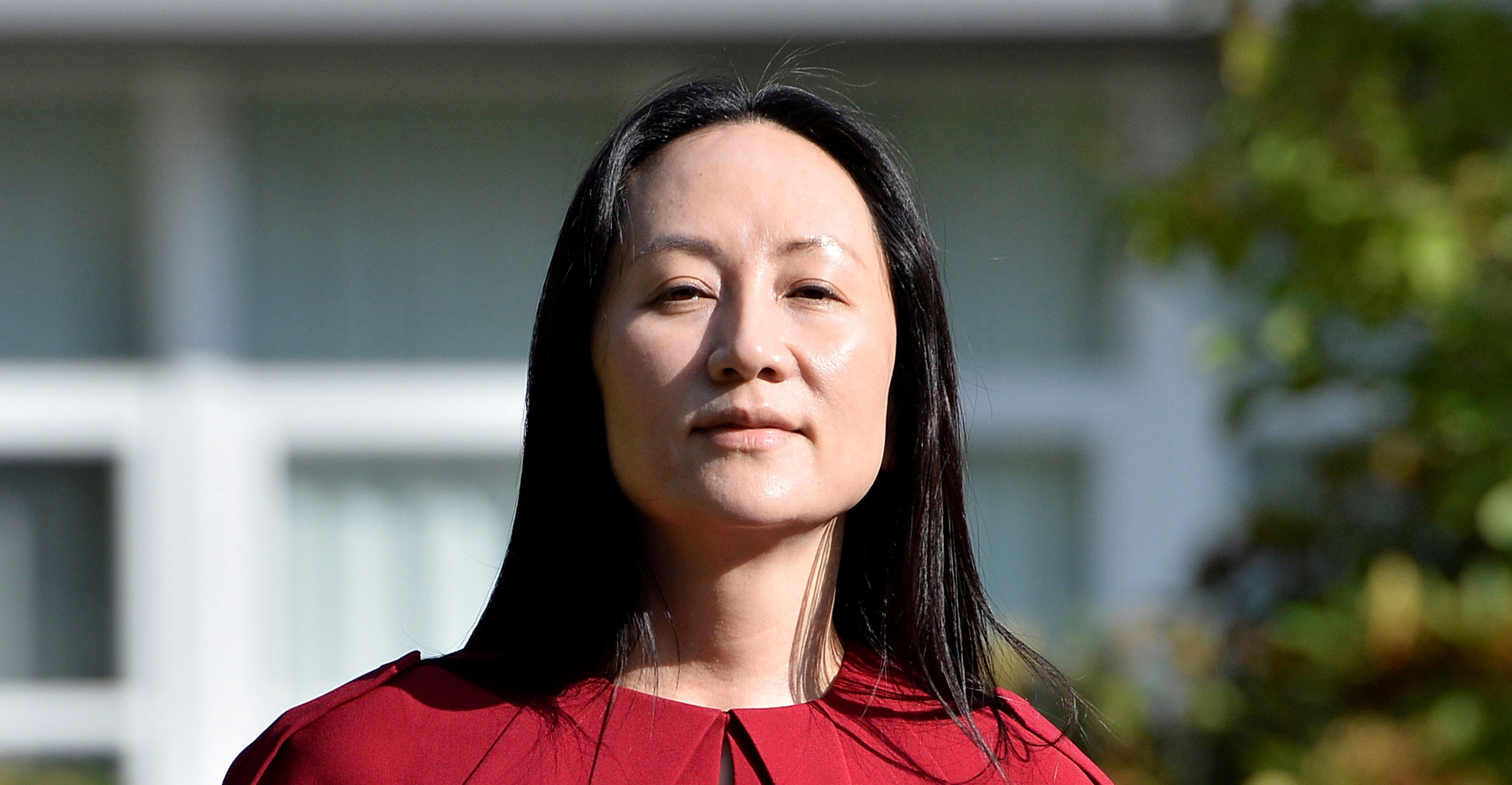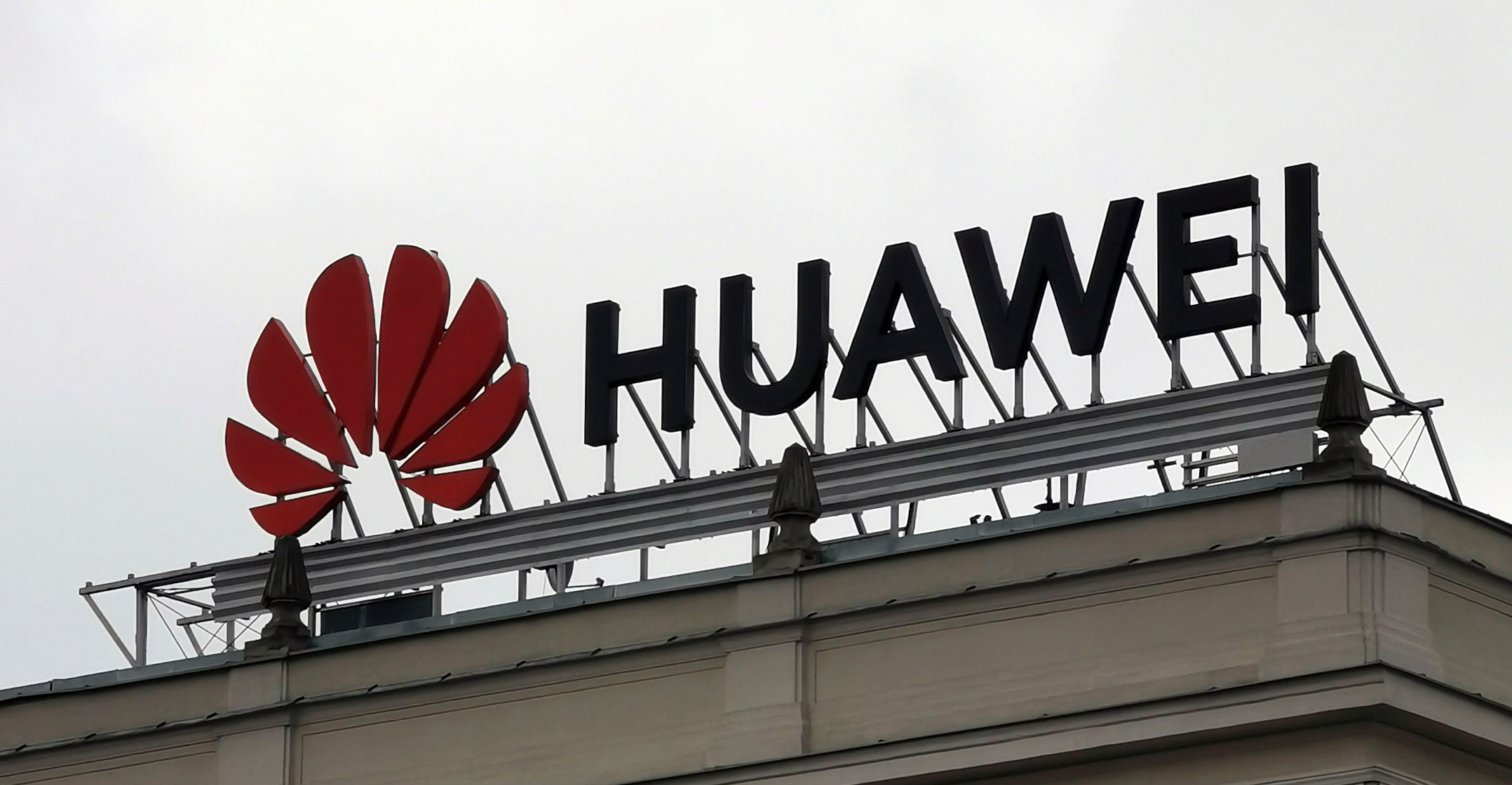
Huawei chief financial officer Meng Wanzhou has reached an agreement with US prosecutors to resolve the bank fraud case against her, according to sources familiar with the matter, in a process that should allow her to leave Canada.
The US government said it will appear in Brooklyn federal court to discuss a resolution of charges against the executive, according to a Friday court filing.
Meng was arrested at Vancouver International Airport in December 2018 on a US warrant, and was indicted on bank and wire fraud charges for allegedly misleading HSBC about Huawei’s business dealings in Iran.
The deferred prosecution agreement pertains only to Meng and US charges remain against the company, according to another person familiar with the matter.
Such a resolution would remove one of several major disputes between the world’s two biggest economies. The agreement could also potentially pave the way for the release of two Canadians, businessman Michael Spavor and former diplomat Michael Kovrig, who are held in China after being arrested shortly after Meng was taken in custody in 2018. In August, a Chinese court sentenced to 11 years in prison for espionage.
Fighting extradition
A spokeswoman for Huawei declined to comment. A spokesman for the US attorney’s office in Brooklyn declined to comment. An attorney for Meng could not be immediately reached for comment. Meng has said she is innocent and has been fighting extradition to the US from Canada. Meng is confined to Vancouver and monitored 24/7 by private security that she pays for as part of her bail agreement.
Under a deferred prosecution agreement, the government agrees to refrain from prosecuting a defendant for a period of time, and drops the case altogether if the defendant complies with specified conditions.
Huawei was placed on a US trade blacklist in 2019 that restricts sales to the company for activities contrary to US national security and foreign policy interests. The restrictions have hobbled the company, which suffered its biggest ever revenue drop in the first half of 2021, after the US supply restrictions drove it to sell a chunk of its once-dominant handset business and before new growth areas have matured.
Huawei has become a dirty word in Washington, with a knee-jerk reaction by China hawks in congress to any news that could be construed as the US going soft
The criminal case against Meng — the daughter of Huawei founder Ren Zhengfei — and Huawei is cited in the blacklisting. Huawei is charged with operating as a criminal enterprise, stealing trade secrets and defrauding financial institutions. It has pleaded not guilty.
Huawei has become a dirty word in Washington, with a knee-jerk reaction by China hawks in congress to any news that could be construed as the US going soft, despite Huawei being hobbled by US trade restrictions.
Former US President Donald Trump politicised the case when he said soon after her 2018 arrest that he would intervene if it would serve national security or help secure a trade deal. Meng’s lawyers have said she was a pawn in the political battle between the two super powers.
 Senior US officials have said that Meng’s case was being handled solely by the justice department and the case had no bearing on the US approach to ties with China.
Senior US officials have said that Meng’s case was being handled solely by the justice department and the case had no bearing on the US approach to ties with China.
During US deputy secretary of state Wendy Sherman’s July trip to China, Chinese vice foreign minister Xie Feng insisted that the US drop its extradition case against Meng.
US officials have acknowledged that Beijing had linked Meng’s case to the case of two detained Canadians, but insisted that Washington would not be draw into viewing them as bargaining chips. — Reported by Karen Freifeld and Kenneth Li, with additional reporting by Chris Sanders and Edward Tobin, (c) 2021 Reuters




